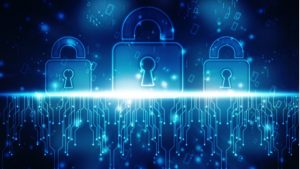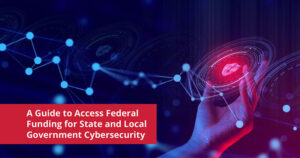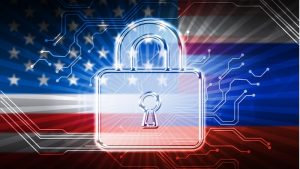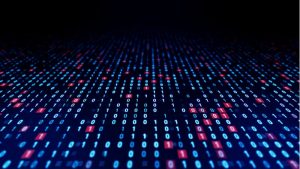Cyberattacks against state and local governments can interrupt critical infrastructure, leak sensitive information, and cause significant financial damage. Agencies are using more security tools to thwart increasingly sophisticated attacks, but this has led to a level of complexity that overburdens security teams. MeriTalk recently sat down with Kenny Holmes, cybersecurity senior leader for government and education at Cisco, to discuss how integrated, automated solutions can help analysts quickly detect, prioritize, and remediate threats.
Security analysts in the education sector must contend with evolving cybersecurity threats despite limited resources. MeriTalk recently sat down with Helen Patton, cybersecurity executive advisor for education at Cisco, to discuss how an open, collaborative approach to threat detection and response can help streamline processes for overburdened security teams.
Peter Romness is passionate about cybersecurity. He has been working with government customers for nearly 35 years and now, as cybersecurity principal in the CISO Advisor’s Office at Cisco, he focuses on protecting government networks from cyber threats. MeriTalk recently sat down with Romness to discuss how state and local governments and higher educational institutions are investing and gaining knowledge to guard against cyberattacks.
From the lone hacker to nation-state operatives, government agencies from the Federal level down to local municipalities are under constant threat of a cyberattack. In recent years, the Federal government has responded by sharing guidance and information, but that only takes budget-strapped state and local government entities so far.
The Student Freedom Initiative (SFI) announced a new $150 million grant program to help Historically Black Colleges and Universities (HBCUs) achieve compliance with Federal and state cybersecurity regulations, among other IT modernization initiatives.
As states shift their voting processes and procedures due to the COVID-19 pandemic, another element of the process for states has been subject to change—Federal funding, an inconsistency that has caused local election officials to adapt on the fly.
The proliferation of data is changing the way research institutions work in myriad ways – making people and processes more efficient, creating new competitive advantages, and driving scientific advancements.
On Monday Cisco announced that Michigan is the first state to join Cisco’s State Digital Acceleration (SDA) program, a 3-year targeted collaboration program to advance the state’s digital agenda. Cisco announced the SDA initiative in Detroit at the 2017 North American International Cyber Summit hosted by Michigan Gov. Rick Snyder.
A hacker grouped named Dragonfly 2.0 has gained access to several companies that supply electricity to the U.S. power grid, according to Symantec. The new wave of cyberattacks could give attackers the means to severely disrupt affected operations centers in Europe and North America. Dragonfly 2.0 has been in operation since at least 2011 and is linked to the Russian government.
Las Vegas wants to be a leader in technology. The city is working with Cisco to test new Internet of Things technologies via pilot programs in the Innovation District.












